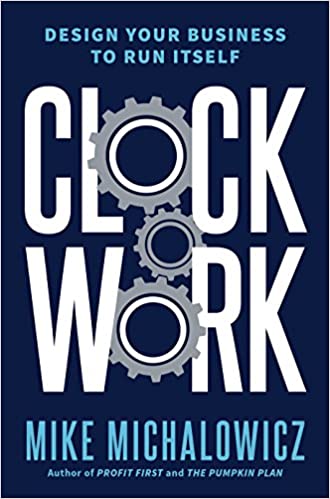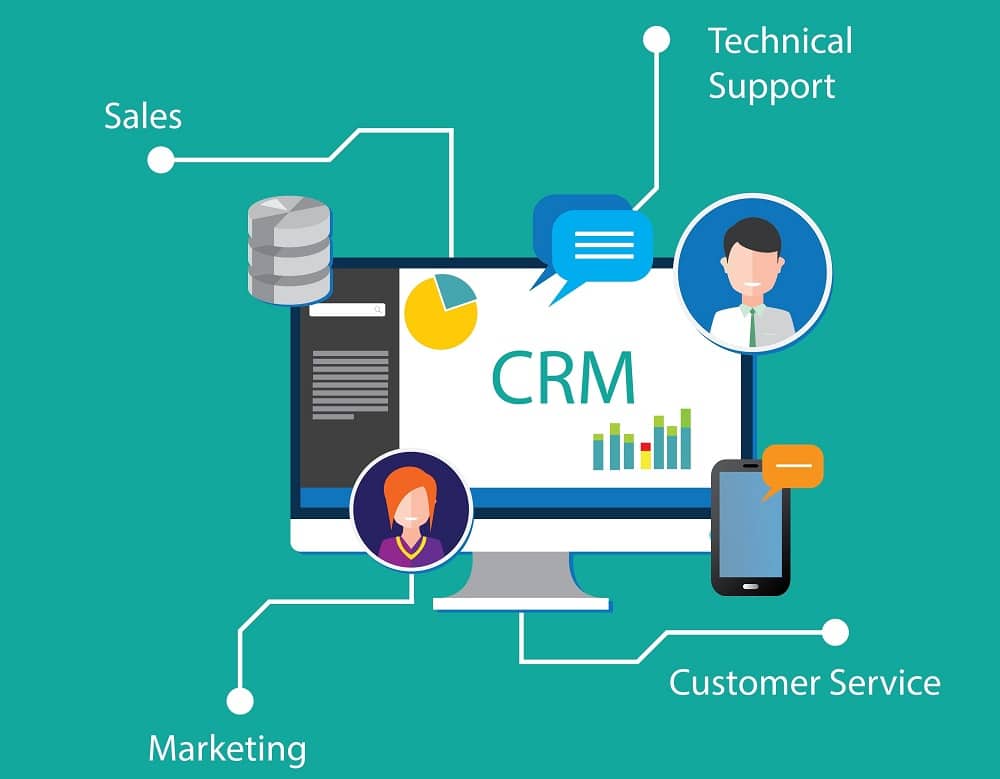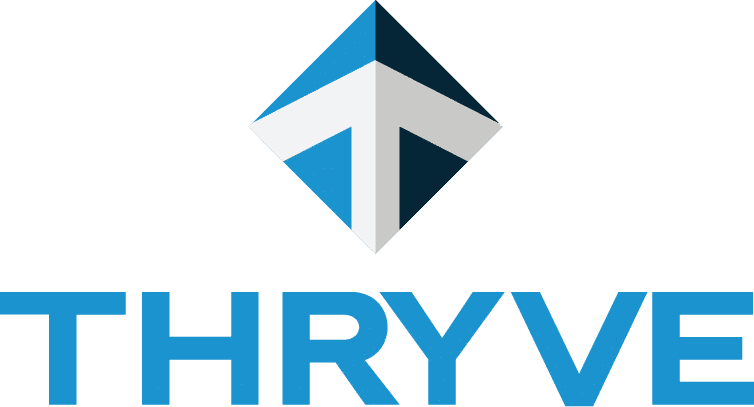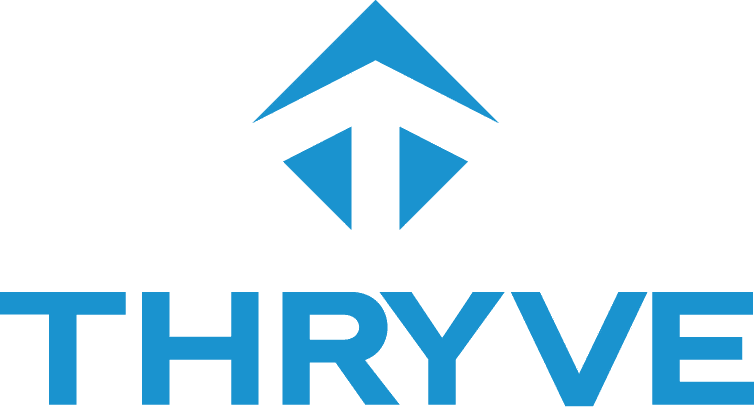Hi,
Welcome to the June 2022 edition of Thryve Tidbits. This month’s tips will help you grow as a leader, build your business and connect with others.
Lessons Learned: Know Thyself
The classic advice has always been to work on your weaknesses, improve them and turn them into strengths. This advice has caused many people to spend countless hours struggling to become average.
More recent findings have switched this advice on its head. The key point is to work on yourself to understand your strengths and weaknesses. Pursue your strengths and seek others to help you with your weaknesses. The time and effort you put in to bump your strength from an 8, to 10 out of 10 is worth more than your weakness going from a 2, to a 5 out of 10. As business owners, we can bring partners or employees into the business or outsource the area of weakness to an external provider.
Check out Strengthsfinder 2.0 by Tom Rath to help you identify your strengths. You can buy the book or take the assessment online at https://www.gallup.com/cliftonstrengths/en/252137/home.aspx.
Book: Clockwork by Mike Michalowicz

Clockwork outlines a logical system for business owners to get out of the weeds and begin to oversee their company. Many business owners struggle to transition away from their first role in the small business as the primary doer of tasks. The process is important to open the owner’s capacity for strategic thinking and action during the scaling step of growth.
The key parts of this book for me were:
- A business needs systems and processes in place, so the owner spends more time designing and less time doing. Key test: If the business owner walks away from the business for a short period, can the business continue to function productively.
- Every task should be approached within the 4D lens – doing, deciding, delegating and designing.
- As the business grows, the owner needs to evaluate the roles and responsibilities in each position. At the start of the business’ existence, the owner is mostly doing. As more employees come aboard, the owner’s role moves to delegating and designing.
Questions for you to ponder:
1. When is the last time you reviewed each task you do during a typical week and consider whether you are the best person to complete that task?
2. Do you consider the optimum way to use each of your current employees whenever you hire a new employee?
3. What is holding you back from delegating more of your tasks? What strategic objectives in the business would you be able to accomplish with an extra 5-10 hours a week?
Technology as a tool: CRM

Many business owners may start out keeping track of sales prospects in their head or in an excel sheet. This strategy often results in lack of follow up, lost information and time intensive data entry.
A CRM (customer relationship management) tool is an efficient way to manage your pipeline. The core features of a CRM are:
- Store information on sales prospects and business contacts
- Track opportunities as they move through your sales funnel
Some more advanced CRMs may:
- Automate some aspects of your sales process such as emails, meetings, etc.
- Integration with website for lead capture
- Dashboard visuals on data
- Multiple employee visibility for sales teams
There are many quality apps on the market with different levels of complexity and price. I personally use the free version of Capsule for my CRM needs. The app is simple to navigate and has the basic features I need.
Wishing you continued success and growth this month!
Toby Kaye
Founder and CEO, Thryve Group

